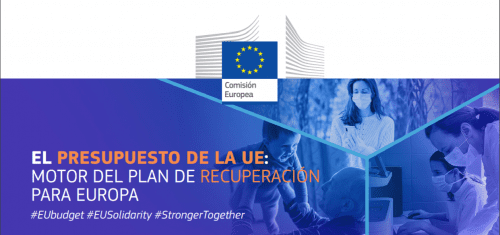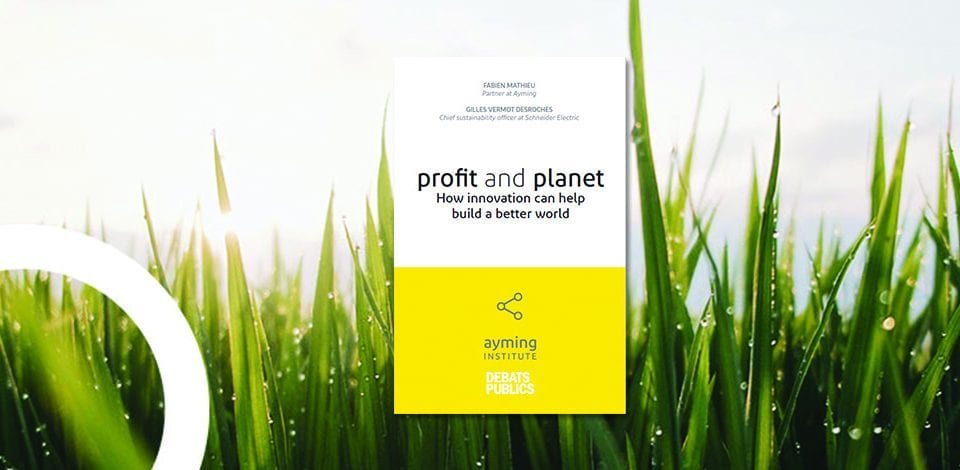Descubre nuevas ideas basadas en investigaciones realizadas por Ayming
Ayming Institute
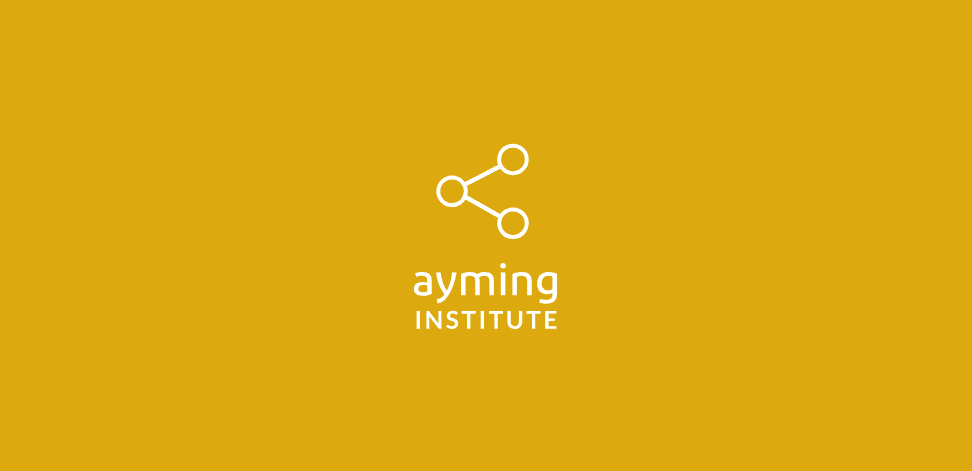
Publicamos «Profit and Planet» un libro sobre el desarrollo sostenible y el crecimiento empresarial a largo plazo
El tercer libro del Instituto Ayming, publicado en enero de 2020 por Débats Publics, apuesta por el cambio tecnológico para…
Más
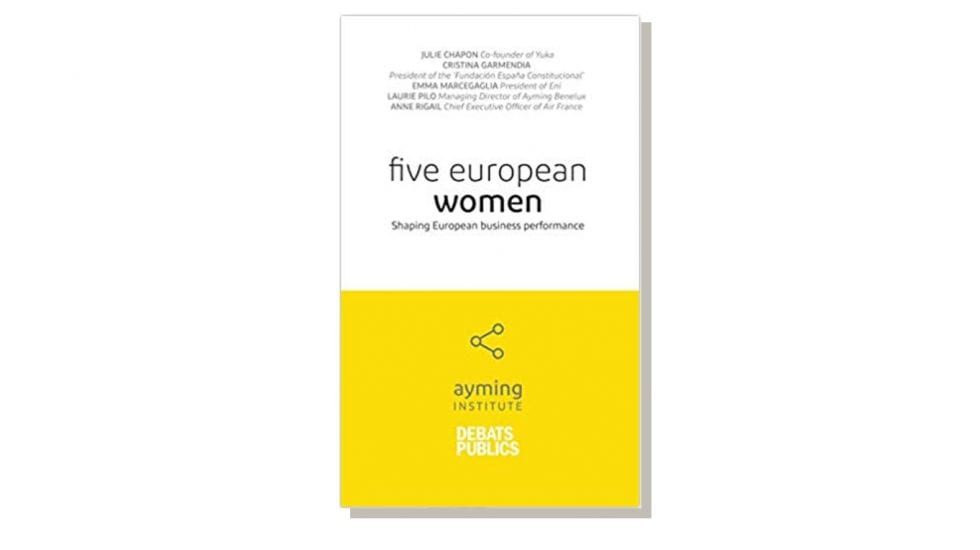
5 European women leaders discuss and cross-reference their views on the place women hold in large companies, through sincere and…
5 European Women – Shaping European business performance: Cristina Garmendia’s Story
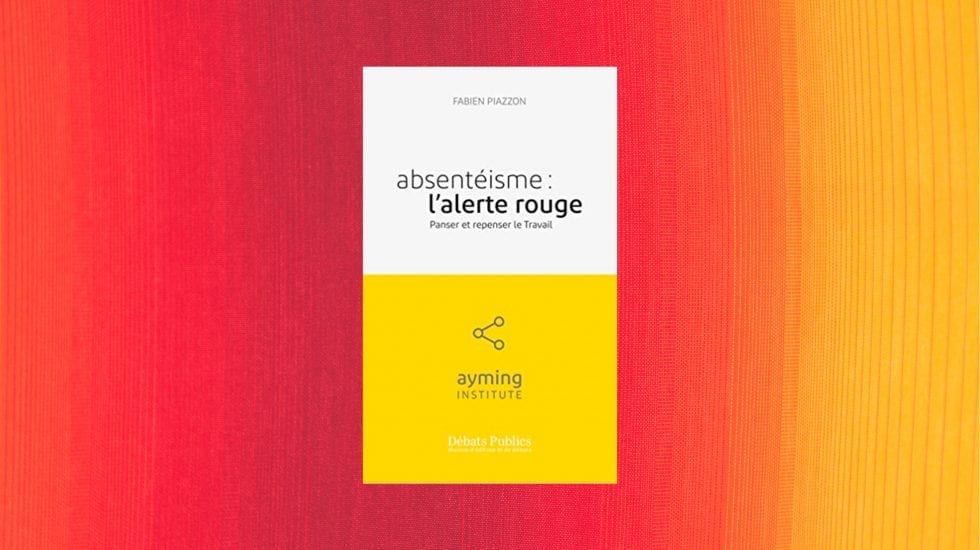
Hablamos de un azote social y económico. Cada año aumenta el absentismo; actualmente en Francia el absentismo es de más…
La primera publicación del Ayming Institute, dedicada al absentismo laboral

Durante la apertura de las elecciones europeas, cerca de 1.000 invitados estuvieron presentes en el Théâtre National de Chaillot, por…
Ayming Business Performance Awards 2019 – en el corazón de las elecciones europeas
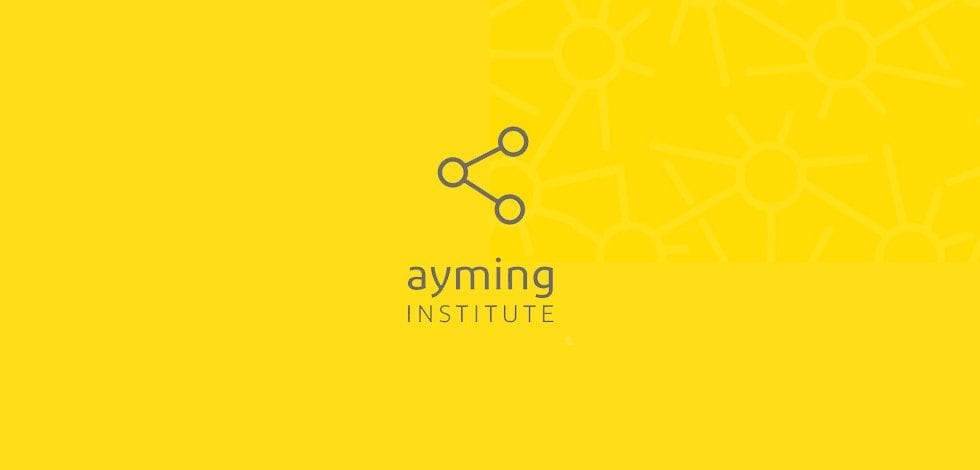
«Absentismo: La Alerta Roja» es el primer libro de Ayming Institute, el laboratorio de reflexión e innovación del Grupo Ayming,…
Ayming Institute lanza su primera publicación: «Absentismo: La Alerta Roja»

